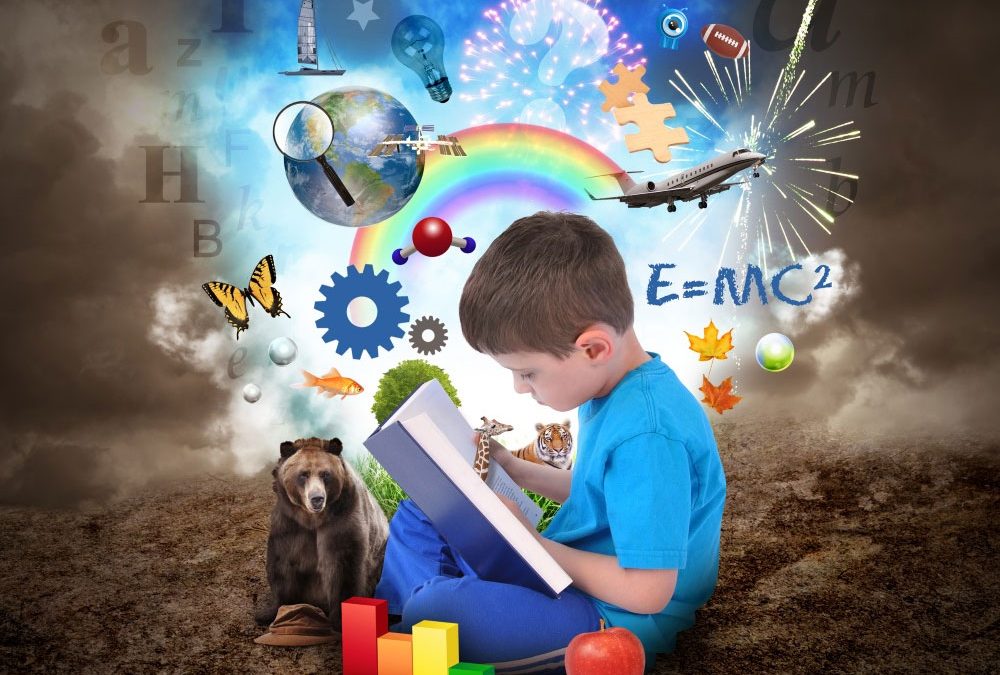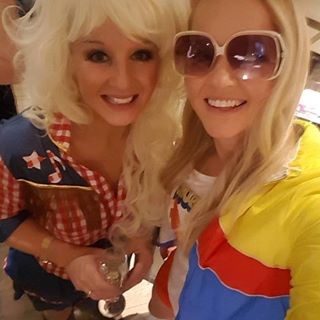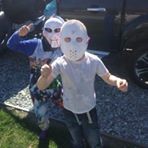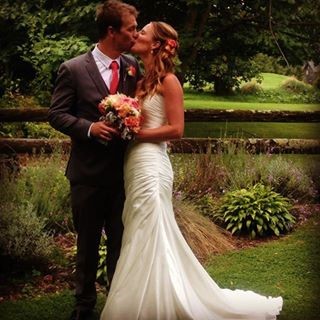Early Childhood Development: The Importance of Reading
There have been countless studies on reading and childhood development. With illiteracy rates on the rise, its so important to stress the positive effects early stage reading can have on your child.
No time is too early! Start right before your baby is born. Children develop reading and language skills from listening. Being able to sound out words is a key factor in reading, and for them to be able to make those sounds, they must hear them!
This is where reading aloud becomes so important. Just because your child is not of ‘reading age’, it doesn’t mean you shouldn’t be reading to them! Exposing your child to conversation and language as early as possible will help them when it comes to developing their own speech and language skills, and it will put your child in a good position when it comes to reading at school age. According to some literature, children who are read to more frequently, at an early age, enter school with larger vocabularies and more advanced comprehension skills.
By reading to your little one, you are giving them all the cognitive skills they will need to get a good start at kindergarten, pre-school, playgroups, and even big school. But what is cognitive development? Well, simply put, it is the building of thought processes, including memory and remembering, problem-solving, and decision-making. Reading is a great way to develop these skills, as is play. Play is an excellent way to develop your child’s mind, and reading should be part of the play. Baby books are full of visuals and colours, you can do all the reading and sending out, using a variety of voices and pitches, and voice speeds. Most baby books will also have textures, mirrors and auditory aspects. Its all these things that will develop those cognitive skills and truly set your child up well when it comes to reading skills later in life.
Studies have shown that children who were read to as newborns have a larger vocabulary, as well as more advanced mathematical skills, than other kids their age. There’s also a direct link between how many words a baby hears each day and his or her language skills. One study found that babies whose parents spoke to them a lot scored higher on standardized tests when they reached age 3 than children whose parents weren’t as verbal. So, get talking!
So what should you look for in a children’s book? Variety. Variety is key. Children’s books should be interactive, in all senses of the word, LITERALLY. There should be colours, noises, words, pictures and textures. All of the senses should be engaged by a children’s book. They should be able to see, touch, listen and even smell when playing with books. Yes there are ‘sniff’ books!
You can take this one step further and encourage imaginative play with reading. Imaginative play is the sign of a healthy and developing toddler! You can encourage this by creating your own books, and including your little one in the creation. Paper, pens, glue, paint, glitter and all things messy should be used, the messier the better. Encourage your tiny human to come up with a story, you can write and sound out the words as you do so, draw pictures, use as much colour as possible and include all kinds of material (tissue paper, pipe liners, tin foil, cotton wool etc.).
You can even get creative and turn it into an outdoor game. Pick up sticks, leaves, grass – anything you can find, and create a story from the materials you have found. What colour are the leaves, what sounds do the sticks make when you step on them, how does the grass feel? They’re all questions you can ask, and words you can add to the story. These things are all creating vocabulary and widening your childs descriptive skills, these things are so crucial when it comes to speech and language development. Again, sound out the words you are using. Encourage your bub to say the alphabet with you, to help them spell out the words you are saying.
Theres all kinds of cool and interactive stuff you can do to help with the development of your little one. The major thing is talking and reading aloud. One way we go wrong is by talking to our children as if they are children. Now, this may sound silly, and obviously, there are acceptable conversations for children to be a part of, and unacceptable conversations.
However, for some reason, we have a habit of talking to tots like they can only hear high pitched squeals and goo goo ga ga. If you forever talk to your tiny human-like they are a tiny human, then they will never develop any other form of language, except tiny human language! Pet names are cute, but realistically, we should be teaching little ones how to speak properly, and they do that by listening.
So, talk properly. Ask them questions, give them options and decisions. So, what do you want to play with, colouring books or a swing set? Give them the choice and encourage them to give the proper answer. Boo boos, bot bots, binkys, and tedda’s are all very very cute and melt your heart to hear from the mouth of a toddler. But, is that the range of vocabulary you would like your tot to have? If you don’t ever sound out and speak the right words to them, they won’t learn.
So, what can you take away from this? First of all, you should take away one of the books produced by The Kids Book Company, they are designed to help you do everything discussed in this article. Our books are appropriate for 0-9-year-olds, and to add to the excitement, we make custom and personalised books! Second of all, talk to your baby, read aloud and encourage the use of all the senses when it comes to storytime. Get reading!












